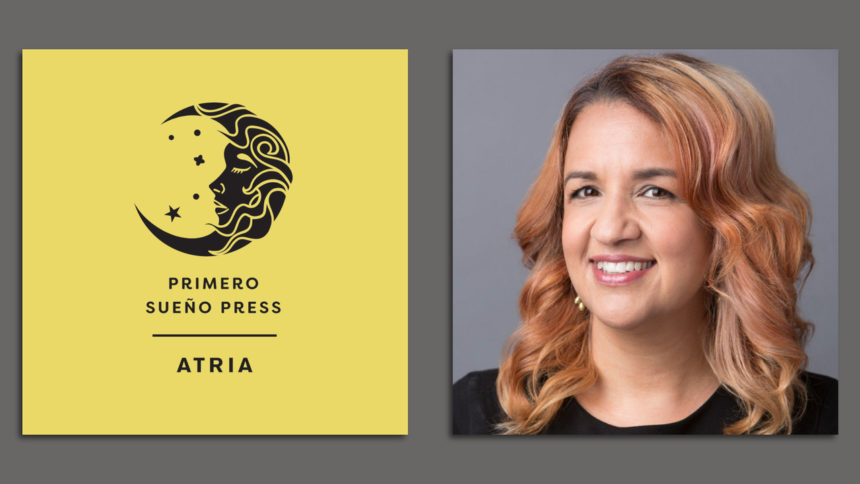Primero Sueño Press was launched this year with the goal of getting more authors of Latino heritage published in both English and Spanish.
Why it matters: Only between 5% and 8% of people who work in the U.S. publishing identify as Hispanic or Latino, per a Government Accountability Office report and an industry survey from Lee & Low.
- That makes it practically the “worst field in media for Latino representation,” according to a statement last year from Rep. Joaquin Castro (R-Tex).
- It can also make it harder for Latino authors to find a traditional publisher.
State of play: Primero Sueño Press is an imprint within Atria, which is part of Simon & Schuster, making it one of very few non-independent publishing houses focused on Hispanics.
- The imprint came to be after an influx of funds last year.
- Since launching in February, the imprint has published “The Witches of El Paso,” from first-time author Luis Jaramillo, which got rave reviews after its October release, and Caro de Robertis’ “The Palace of Eros,” which feeds into the popular trend of fantasy and mythological retellings.
What they’re saying: “When there’s a direct line of communication to the community, stories land much more powerfully and are consumed much more broadly,” says Michelle Herrera Mulligan, the vice president and associate publisher for Primero Sueño Press/Atria.
- That led her to “create a supported effort to expand to new audiences and bridge the gap between the [Latino] community and the publishing industry,” she says.
Zoom in: Herrera says the imprint is in search of works from “disruptive voices that we think are radically fresh and original people,” and who haven’t always gotten a publishing opportunity in the past.
- “There’s a huge opportunity for Latine writers to break out,” especially in genres like romance and thrillers, as well as in self-help for non fiction.
- Part of the work of Primero Sueño has included seeking out self-published authors who could otherwise struggle to get in pitches to traditional imprints, as well as establishing relationships with small publishers from Latin America to bring their work to the U.S.
- Leveraging the growth of podcasts and of platforms like BookTok and Bookstagram can also lend a major hand to get support for these newer voices, Herrera says.
Between the lines: Reading not only improves cognition, but also self-esteem and empathy when finding stories both similar and dissimilar to our own, studies show.
- “So the stakes are really high for us to continue to publish, in English and in Spanish, stories that are very special and targeted to our experience as Latines, even despite all the attacks that may exist and all the challenges to continue,” Herrera says.











